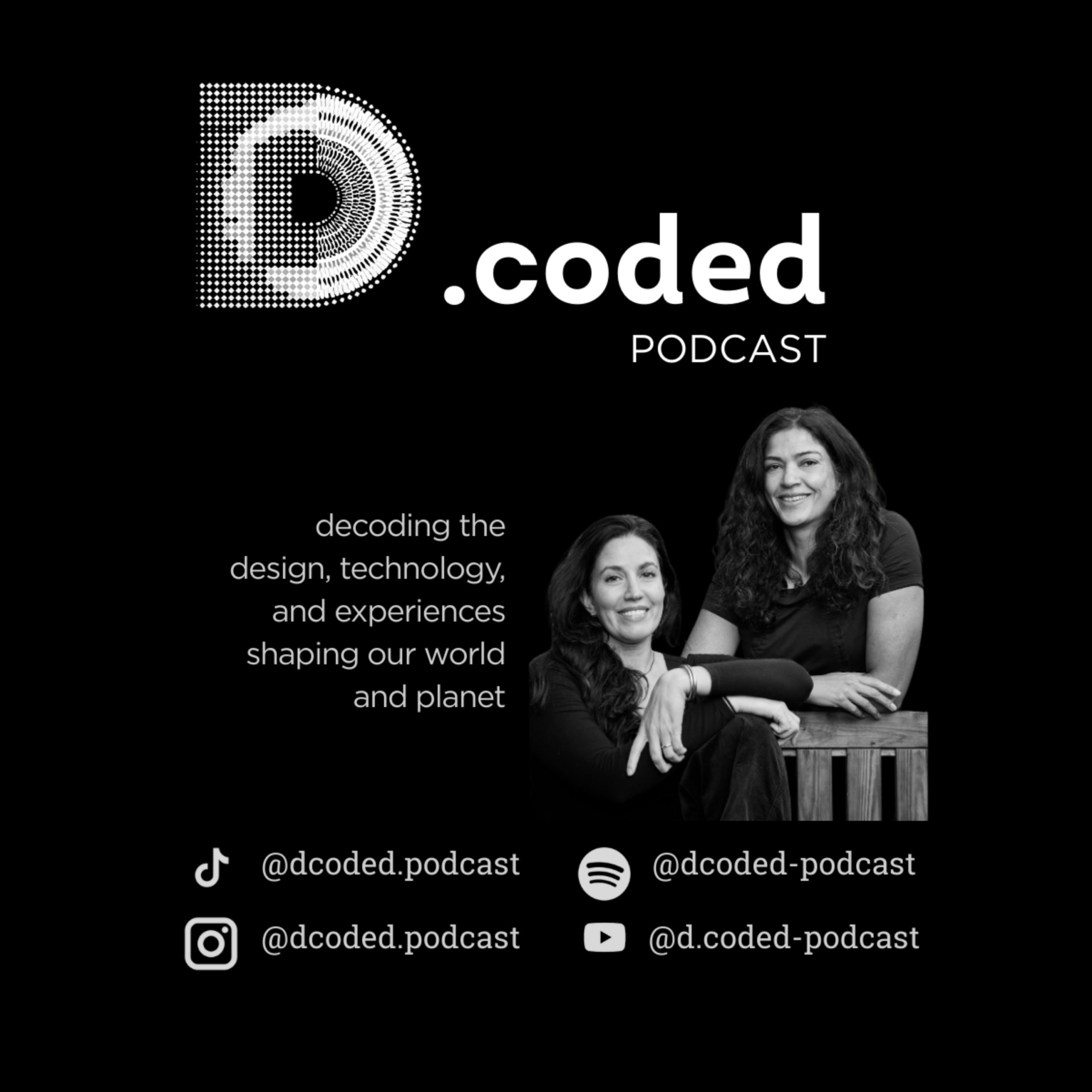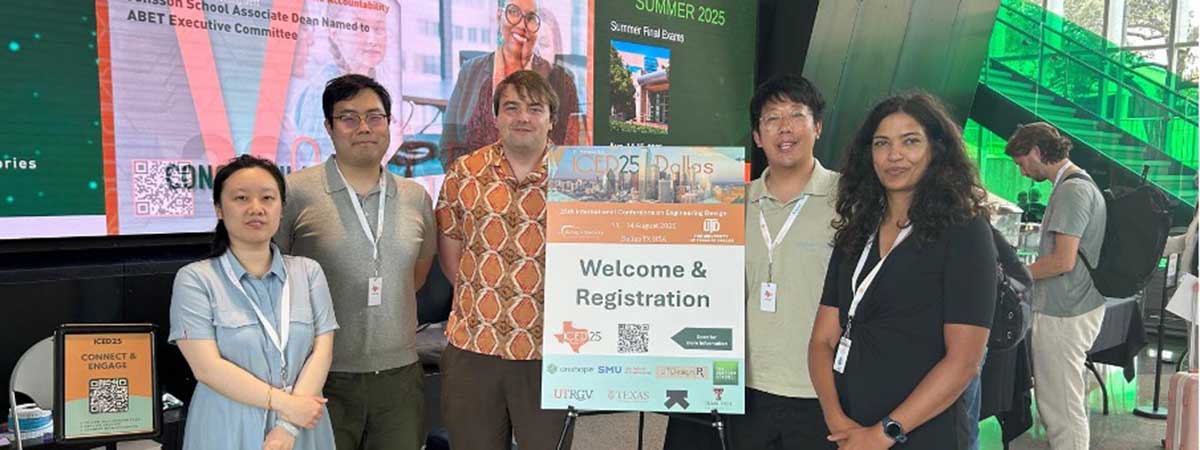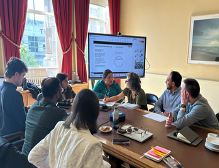with Dr Boyeun Lee and Prof Saeema Ahmed-Kristensen
Register now – for next week’s workshop
The next workshop will be held on 15 June in London. Invited speakers will introduce their industry cases and current research on using data for innovation. Find out how quantitative and qualitative datasets can help your business tackle current challenges.
On 27 April in collaboration with Innovate UK’s Knowledge Transfer Network (KTN), we brought the businesses together and facilitated a workshop, helping them to embed digital technologies for product service innovation. The significance of utilising data and machine learning technologies in Foundation Industries was evident: from utilising AI to reduce energy use of production to sorting waste – with still many challenges and innovation possibilities remaining unsolved.
This in-person workshop featured a series of presentations from innovative businesses that use digital technologies and platforms to tackle resource and energy efficiency challenges in the Foundation Industries. We led the hackathon at the workshop, exploring the challenges faced by the Foundation Industries in digital innovation, and the possibilities to innovate, utilising data and digital technologies as an enabler for new product/service ideas. We also showed how data, or machine learning, can be used in the product service development process through a data-driven design framework, identified based on a review of over a hundred cases (Lee and Ahmed-Kristensen, 2023).
Thirty companies participated in the workshop, from across the Foundation Industries including Cement, Glass, Ceramics, Paper, and Metals to Bulk Chemicals. The hackathon supported identifying challenges, such as: how to reduce energy costs, increase the energy efficiency of the plants, streamline glass production process and generate the amount of data required to train predictive models, or the use of co-design to solve sustainability challenges.
The hackathon generated innovative product service ideas or more sustainable solutions and processes before developing one specific idea/solution in more detail. The workshop included identifying challenges arising in their industries, before introducing the Data-Driven Innovation Canvas around how technologies are currently being used and what the future potential could be, for example involving production history data, furnace process parameters, CO2 footprint, etc.
The next workshop will be held in London on 15 June. It will include invited speakers introducing their industry cases and current research on using data for innovation, and a hackathon. If you are interested in how data can be used to generate innovative products and services or address specific challenges, such as sustainability, join us – Register now







